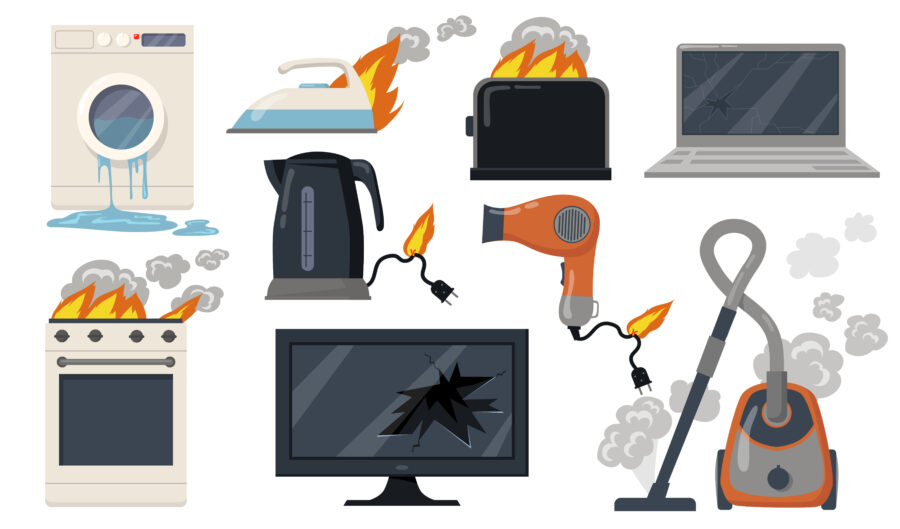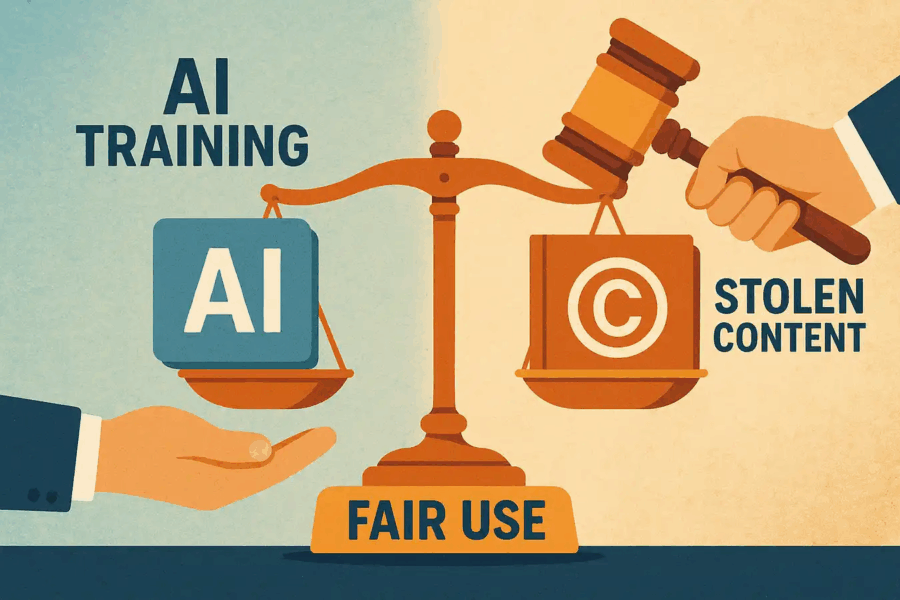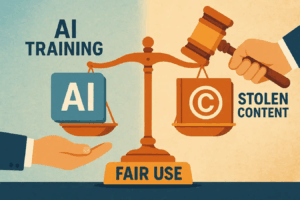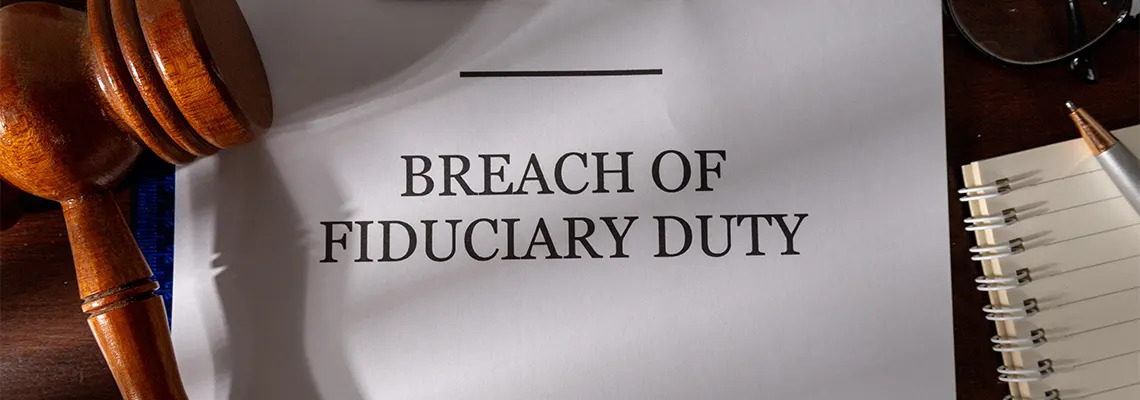Smart Doorbells and the Legality of the Audio Recording Feature
By: Reese Bell
There has been much fear—and fear-mongering—surrounding the use of mass-surveillance across the U.S., and who exactly may have access to recordings collected by such surveillance. At the center of much of this discussion is an increasingly popular device known as a smart doorbell, frequently associated with the Amazon-subsidiary brand, Ring. The Ring doorbell is a camera and audio system, often placed on the front doors of residential buildings.[1] Ring doorbells provide users with video and audio recordings of activity around their front door, most often for the purpose of increasing the security and protection of their homes.[2] While video recordings capturing the goings-on of a smart doorbell-user’s front yard and adjacent public space is of little legal concern in most states, the audio feature included with these devices has sparked significant legal controversy.















